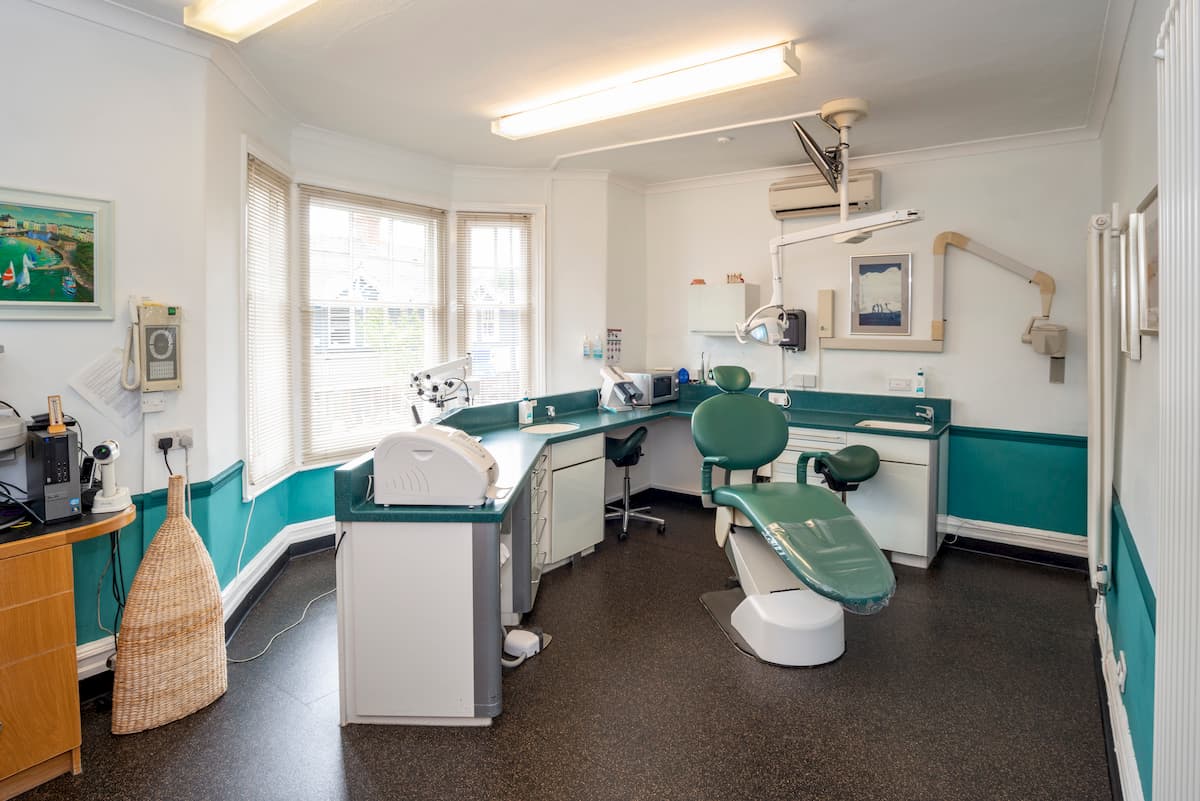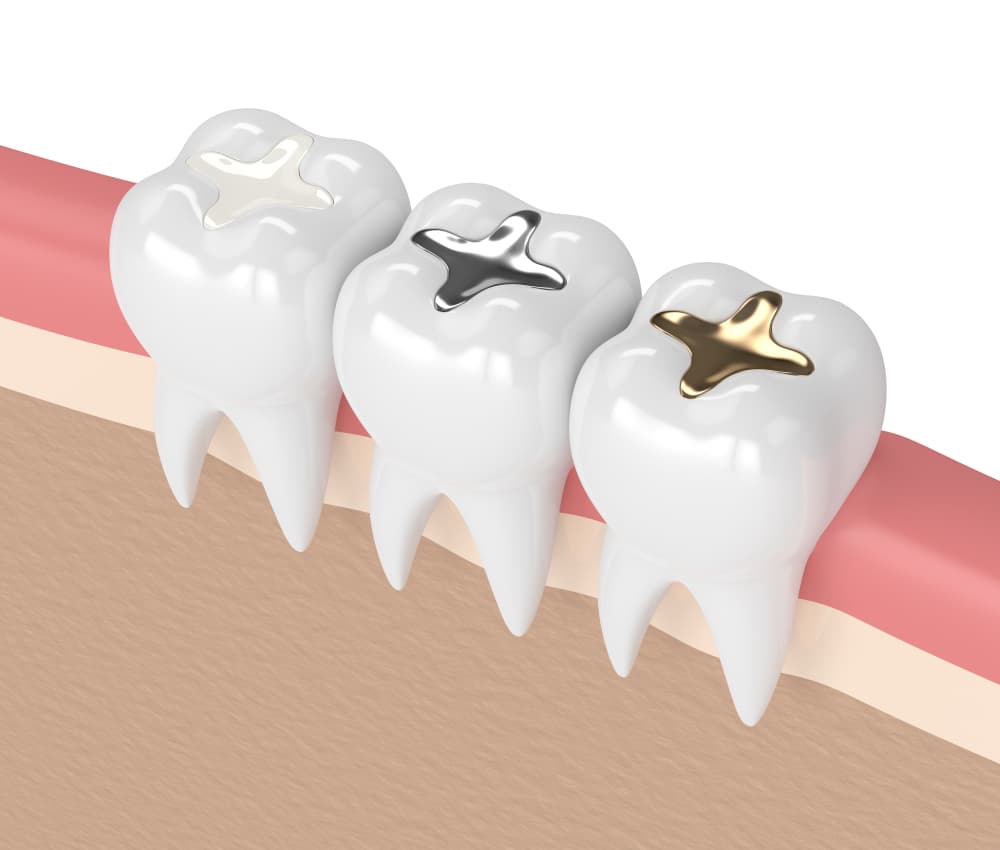The first step in the dental filling procedure is to inspect the teeth to decide upon the best course of action for the patient. A dental filling is best suited for minor fractures and decay; for more severe cases other types of restorative dental treatment, such as a dental crown or implant, may be necessary. X-rays may be used to confirm the presence of decay or a fracture.

There are several choices of materials suitable for a dental filling to fill and seal a cavity, helping to halt any further damage to the tooth, which might result from decay. For example, the material used for the filling, such as direct composites, ceramic, glass ionomer, silver amalgam or gold can vary. The appropriate choice will depend on the specific factors such as where the cavity is located and the patient’s medical history, aesthetic needs, financial availability and preference.
Some patients with a high risk of caries may also benefit from a sealant placed over the molars at the back of the mouth to prevent plaque built-up and decay in the area and regular fluoride treatments.
To find out more about Fillings or to arrange an initial consultation call us on 029 2084 3658 or contact us today using our online enquiry form.
